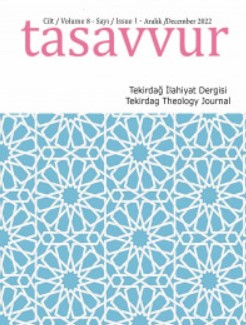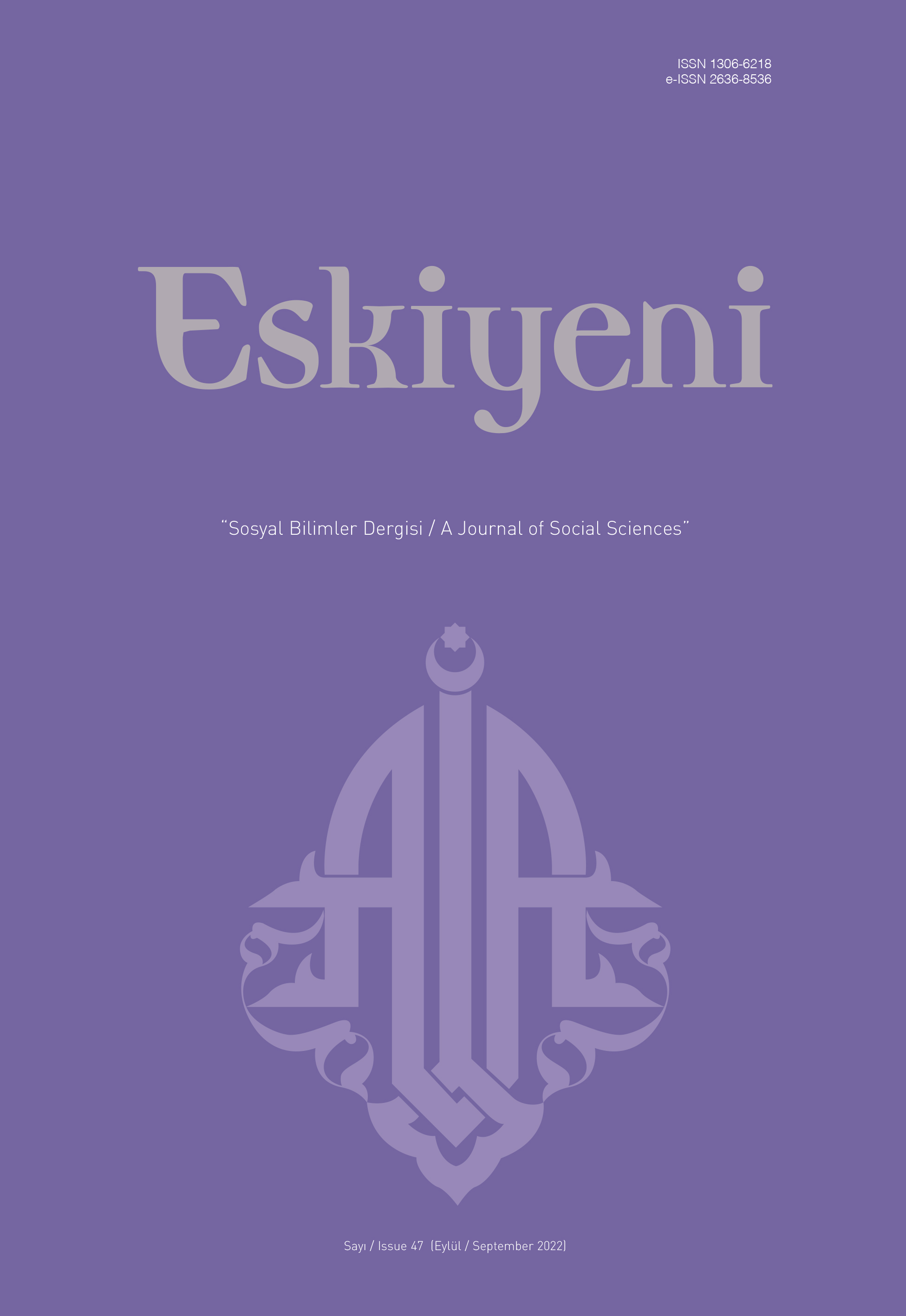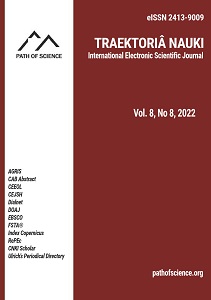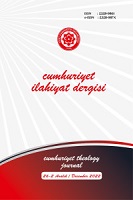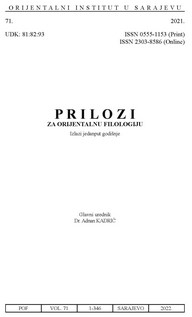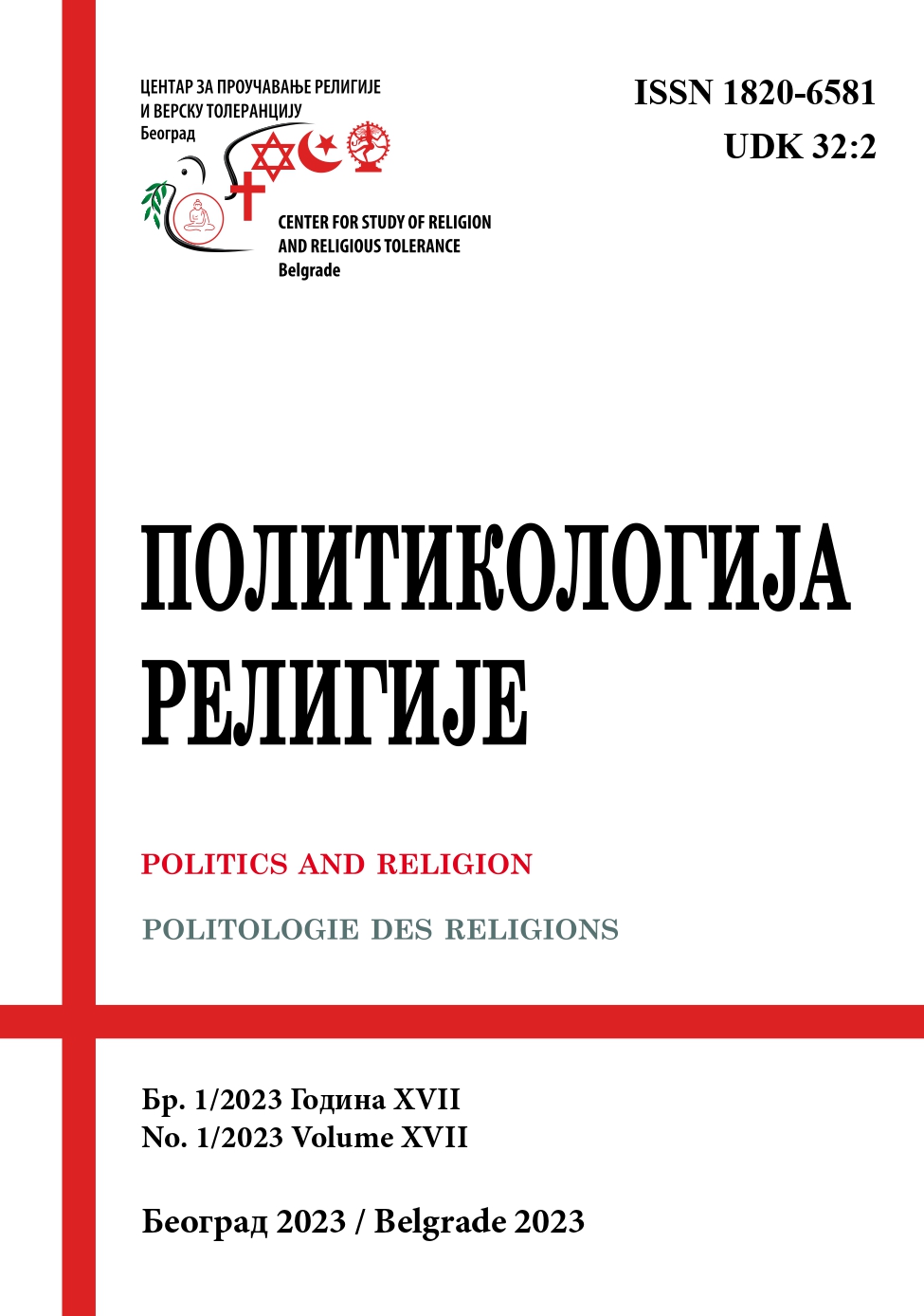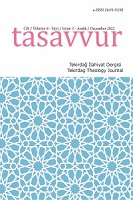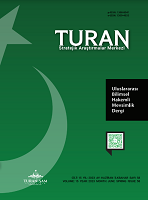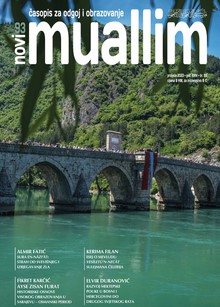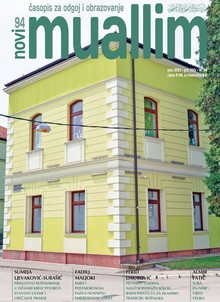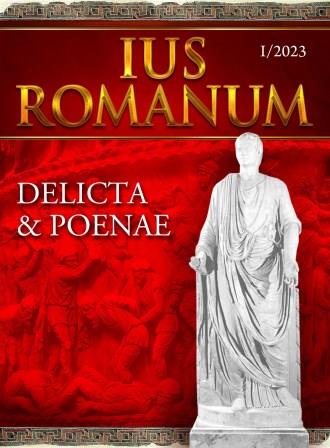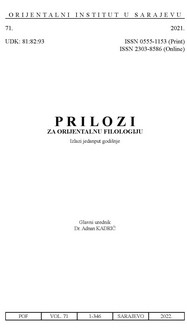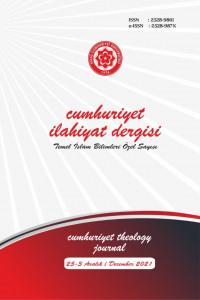
Fetvâhânenin Son Yıllarındaki Fetvâ Faaliyeti ve Müftâ-bih Olan Görüşün Devlet Başkanı İrâdesiyle Değişimi - 378 Numaralı Fetvâḫâne-i ʿÂlî Ecvibe-i Şerʿiyye Defteri Çerçevesinde-
The Fatwā-house, which was within the body of Meshihat in the Ottoman Empire, gave answers to the questions posed to it by focusing on the Hanafi sect and the preferred fatwās of this sect for centuries. These questions and answers were also duly recorded. In this study, based on The Record for the Legal Responses of the Supreme Fatwā Office, which is registered at records numbered 378 in the Meshihat Archive of the Istanbul Mufti, one of the records containing the answers given by the institution. It is an attempt to create an imagination about the scope and sphere of influence of the fatwā activity in the last period of the Ottoman Empire. Accordingly, in the last thirteen years of the state, Fatwā-house has been the addressee of questions from individuals, state and private institution directors, societies, ministries and the Grand Vizier. While some of these questions came from the provinces within the Ottoman borders or from the countries that had an administrative ties with the Ottoman Empire, some of them were submitted to the Fatwā-house by the Muslims of other states from the lost lands or simply because the caliphate center was the official fatwā organ. At the records, there is also a record of the questions coming from muslims who are Ottoman citizens but residing in other countries. Looking at the subjects, it was determined that most of the questions were asked about foundations. In addition, the permissibility of obtaining interest by bank facility or depositing money in the bank, the establishment of modern schools and whether the ways to create resources for these schools are permissible, whether teaching in Latin letters is possible, the provision of life insurance, the importance of cleanliness in the fight against cholera, the fight against innovations (bidʻas) in mosques. It is seen that questions on different issues, from issues such as whether the wife of the lost (mafqud) can be separated by the judge or not; to the issues of whether the fulfillment of judgment can be regarded as the end of the judgment or not. As it is mentioned in some fatwā records at the record book, it is obligatory to decide on fatwā and its fulfillment in the Ottoman Empire with the most authentic and preferred view of the Hanafi sect. The last two fatwā questions mentioned above are handled as examples of giving up the act with the will of the head of state, with the preferred fatwâs discussed in this article. It is only possible with the will of the head of state to make a decision with an opinion other than preferred fatwâ or an other opinion out of the sect. According to the first example, some of those of the citizens of other states outside the Ottoman Empire came to the Ottoman lands for reasons like trade etc. and married to Muslim women there and then left them suffering. This was also true for the wives of men who went to wars and did not return. Although the drawbacks of the Hanafi sect's preferred view, that one should wait until the age of ninety, one hundred, one hundred and twenty, or until the death of their peers, were resolved by appointing a regent from other sects, continuity could not be ensured in this practice either, finding people has not always been possible. For this reason, in the time of Shaykh al-Islam Hayri Efendi, a statement of change was prepared and submitted to the will of the sultan. In the issue of whether the signature of the head of state can be counted as the end of the judgment, another subject in which the will of the head of state is applied, the stages of abandoning the preferred view can be followed much more clearly. In the case of the dismissal of the judge or the expiration of the term of office before the execution of the judgment, especially in the distant provinces of the state, in the case of the judge's dismissal or the expiration of his term, according to the preferred view of the sect, which was based on juristic discretion, the closure of the cases took many years. It is seen that the judgment reached by analogy was submitted to the will of the sultan, with an article added to the script regarding the prepared procedure of reasoning, although there is no preferred view since it is the most suitable opinion for the interests of the people and the necessities of the century due to the increase in complaints. Effective from the time it was approved by the head of state, the execution of the sentence is no longer a requirement for the trial to be completed. The changes in the provisions of these matters also show that, although it was important for the Ottoman State to comply with the preferred view of the Hanafi sect - as in the previous Shaykh al-Islams' fatwās in the form of ma'ruzat - it was considered more necessary to look after the interests of the Muslims and different opinions were enacted and put into practice.
More...
